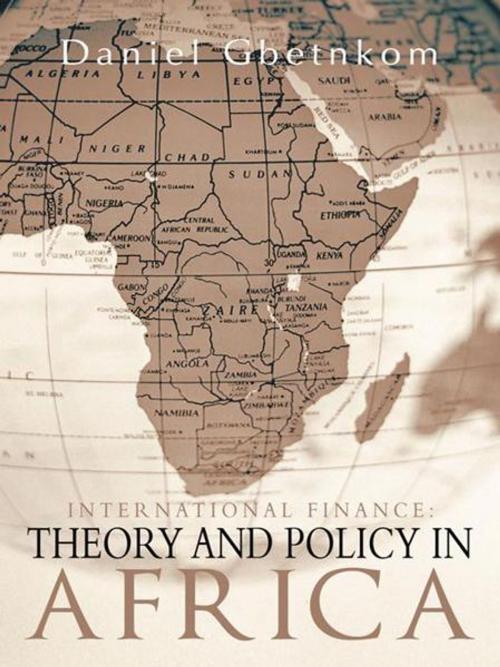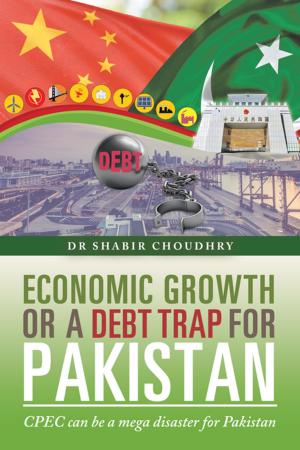International Finance: Theory and Policy in Africa
Nonfiction, Social & Cultural Studies, Political Science, Politics, Economic Policy, Health & Well Being, Self Help, Self Improvement, Motivational| Author: | Daniel Gbetnkom | ISBN: | 9781456785611 |
| Publisher: | AuthorHouse UK | Publication: | January 26, 2012 |
| Imprint: | AuthorHouse UK | Language: | English |
| Author: | Daniel Gbetnkom |
| ISBN: | 9781456785611 |
| Publisher: | AuthorHouse UK |
| Publication: | January 26, 2012 |
| Imprint: | AuthorHouse UK |
| Language: | English |
It is now well known that there are close links between financial sector development and economic growth, and in turn between economic growth and poverty reduction. A well-functioning financial sector that allocates finance to the best opportunities can contribute to a more diverse economy and a more equal society, rewarding entrepreneurial newcomers and challenging an entrenched and sometimes corrupt, economic and political status quo. However, at first glance, the international finance theory and policies would seem to have little relevance for Africa as there were built up in response to developments that took place far from Africa and whose direct impact on Africa was limited. Nonetheless, key components of the international finance functioning are very relevant for Africa. The ongoing global financial and economic crises that are shaking the world have come as a stark reminder that African countries have a direct interest in global financial stability even though they may not be the main actors. In this line, economic fundamentals, sound national macroeconomic and structural policies and a sound and properly regulated financial system are as critical as ever in Africa. This volume explores the application of the basic theory and the policies of international financial transactions in Africa. It contains six chapters on conceptual and policy-oriented issues. Analyses raise important questions and offers favorable counter-arguments to the application of international finance theory after bringing to focus the relevance of certain themes in Africas inter-state and intrastate policies.
It is now well known that there are close links between financial sector development and economic growth, and in turn between economic growth and poverty reduction. A well-functioning financial sector that allocates finance to the best opportunities can contribute to a more diverse economy and a more equal society, rewarding entrepreneurial newcomers and challenging an entrenched and sometimes corrupt, economic and political status quo. However, at first glance, the international finance theory and policies would seem to have little relevance for Africa as there were built up in response to developments that took place far from Africa and whose direct impact on Africa was limited. Nonetheless, key components of the international finance functioning are very relevant for Africa. The ongoing global financial and economic crises that are shaking the world have come as a stark reminder that African countries have a direct interest in global financial stability even though they may not be the main actors. In this line, economic fundamentals, sound national macroeconomic and structural policies and a sound and properly regulated financial system are as critical as ever in Africa. This volume explores the application of the basic theory and the policies of international financial transactions in Africa. It contains six chapters on conceptual and policy-oriented issues. Analyses raise important questions and offers favorable counter-arguments to the application of international finance theory after bringing to focus the relevance of certain themes in Africas inter-state and intrastate policies.















